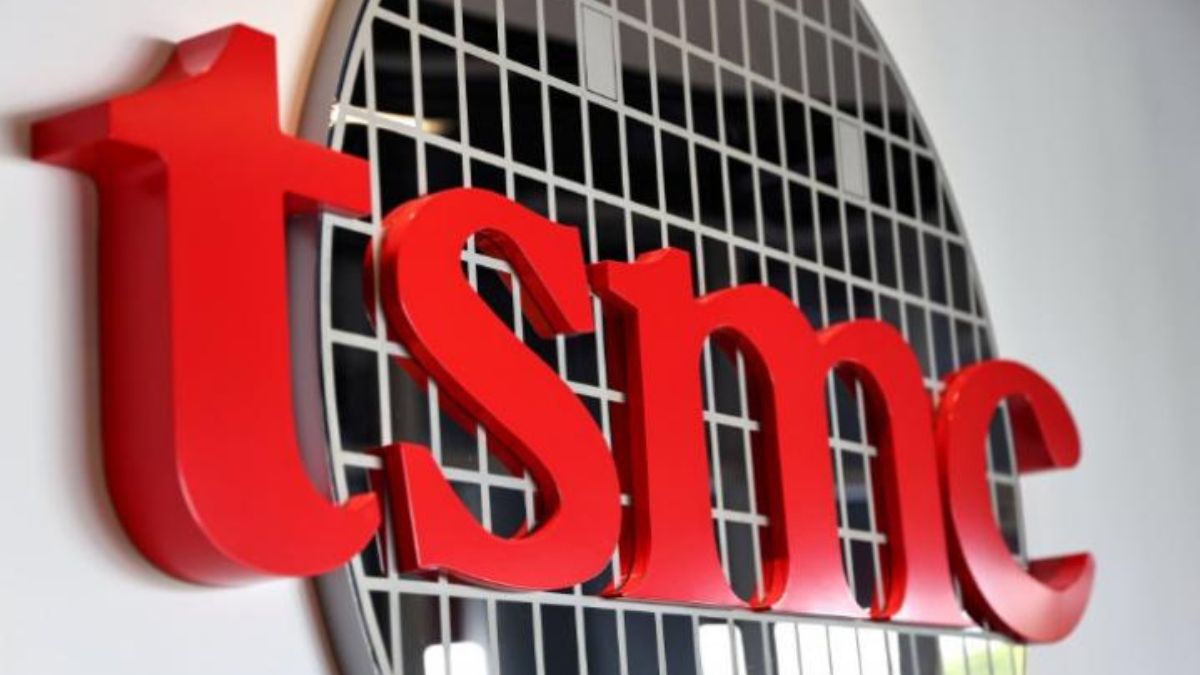Taiwan Semiconductor Manufacturing Company’s (TSMC) success, marked by its flexibility and ability to capitalise on emerging opportunities, has been praised by Professor Meredith Woo of Arizona State University’s School of Politics and Global Studies. Speaking on Friday at a networking event organised by the Centre for Asia-Pacific Resilience and Innovation (CAPRI), Woo provided insights into TSMC’s growth and challenges, as reported by CNA.
While recognising the obstacles TSMC faces locally, Woo expressed optimism about the semiconductor industry’s revival, spearheaded by the Taiwanese giant, and its potential positive impact on the region. She attributed TSMC’s resilience to its leadership’s ability to navigate complex challenges, assuring that there was no cause for concern about its future direction.
The professor touched upon Taiwan’s work culture, suggesting that it may be difficult to replicate within the United States due to cultural differences. However, she acknowledged the robust work ethic and dedication displayed by American workers, implying that the two nations offer distinct but equally valuable approaches to industry.
Woo also commented on Taiwan’s declining population, drawing comparisons with her home country, South Korea. Both nations, she suggested, have undergone lengthy periods of democratisation, fostering inclusive cultures. She emphasised the importance of further promoting cultural inclusivity and empathy, particularly towards international students, in order to address demographic and social challenges.
In her closing remarks, Woo encouraged innovative thinking and a global perspective in education, proposing a shift beyond traditional Western classics. She advocated for the internationalisation of the humanities and social sciences, urging Taiwan and South Korea to adapt to global trends and redefine their approaches to intellectual inquiry.

